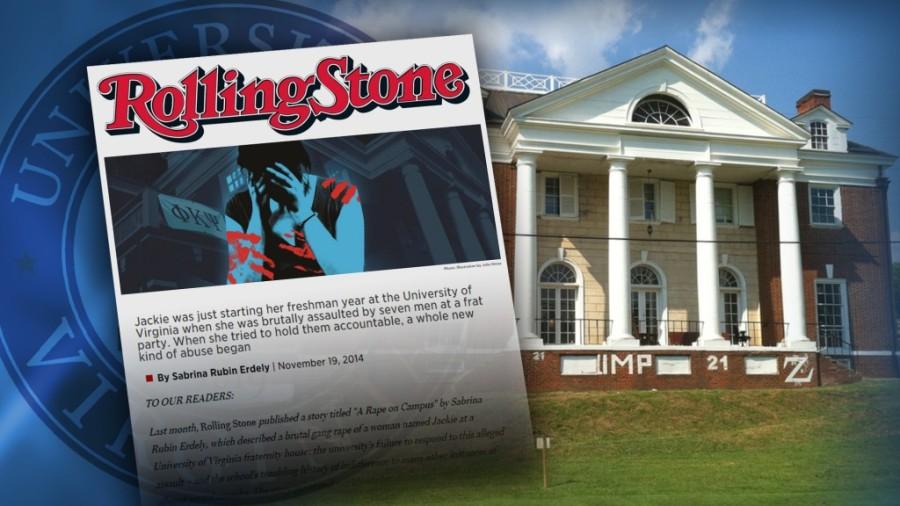The World of Journalism: Changing for the Worst
Journalism has changed from a focus on precision, to a focus on speed. Rushing articles comes at the cost of losing accuracy.
A recent article in Rolling Stone dealt with the rape of a University of Virginia student during her freshman year. After this explosive article was released, there was much turmoil on the UVA campus. However, in the following week, The Washington Post released an article that brought to light many facts that differed from the facts in the Rolling Stone article. Since the publication of The Washington Post article, Rolling Stone has apologized for the inaccuracies that were presented in their article.
One of the reasons for the confusion in the Rolling Stone article is that Rolling Stone never consulted more than one source. Upon the request of the rape victim, Rolling Stone did not contact any of her friends to hear what they had to say. When The Washington Post contacted her friends, they told a different story than the victim told Rolling Stone and many other groups. This article is a prime example of how journalism has changed over the years.
With the desire to be the first to break the news, many media outlets publish stories before the stories fully develop or, in this case, before all of the facts are checked. Through the years, journalism has become more relaxed. The importance of being the first to break the news now seems to outweigh the importance of being accurate.
Due to the growth in ability for anyone to reblog, post, or tweet, any Jack, Jill, or Joe can share their thoughts and opinions. The growth of social media is helpful for staying connected with friends, but it causes problems when individuals try to learn the truth of what happened. As a result of individuals’ ability to spread their thoughts and opinions, news outlets have an obligation to accurately share stories so that individuals can see the truth through the muddy water of society’s opinions.
Rolling Stone hastily published an article that had not been verified and did not fulfill their obligation to the public to find out the full truth of the story. Rape is a serious problem that should be discussed, but the way it was brought up has affected how people view the topic of rape.
Since Rolling Stone presented a story that has later shown to have flaws, anti-rape advocates pursuit to help victims has been set back. Stories published by journalists have further reaching implications than they realize. It is because of these implications that journalists need to wait for a story to develop before publishing; journalists need to resist the modern trend of being the first to break a story in order to fulfill their obligation to society.






